The European Monetary System, set up in 1979, was an attempt to stabilise fx rates.
Last week the @ECB extended its current asset purchase program, now totalling €1.8 tn. Several EU states can borrow at negative interest rates.
10 years ago, the eurozone almost collapsed, a result of a misconstructed currency that was meant to fail from the outset.
A thread👇

The European Monetary System, set up in 1979, was an attempt to stabilise fx rates.
The German Bundesbank refused to devalue the Mark when other centr. banks inflated their currencies - strengthening the Mark by comparison.
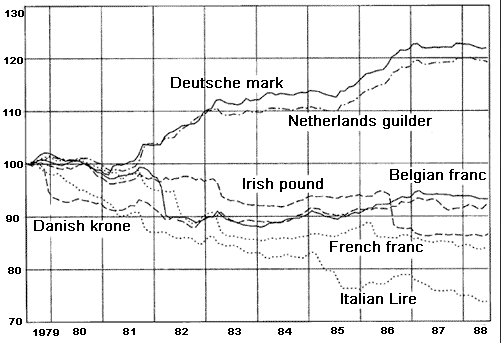
Northern countries like Germany & the Netherlands typically had more prudent monetary & fiscal policies.
Saturday marks the 30th anniversary of German reunification.
— HODLdax (@HODLdax) September 30, 2020
Did you that Germany had to sacrifice its national currency for it?
Let\u2019s look back at the fateful decisions leading to the Euro, a secretive project driven by much political interest and little economic reason.\U0001f447 pic.twitter.com/XcWgBOr29O
- Public deficit not higher than 3% of GDP
- Public debt not higher than 60% of GDP
Regardless of the stability criteria, the European Council could decide with a qualitative majority to admit countries to the eurozone.
https://t.co/EGPXDJygb7
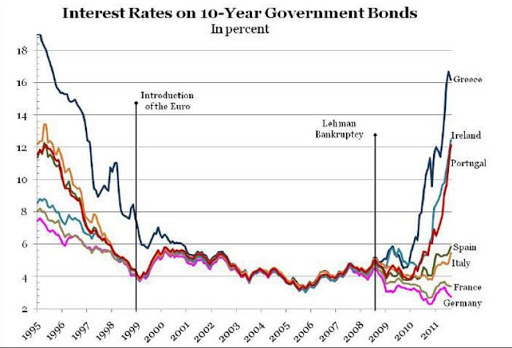
Greece revealed a public debt of 113% of GDP & deficit of 13.6% of GDP as opposed to the reported 6.7%.
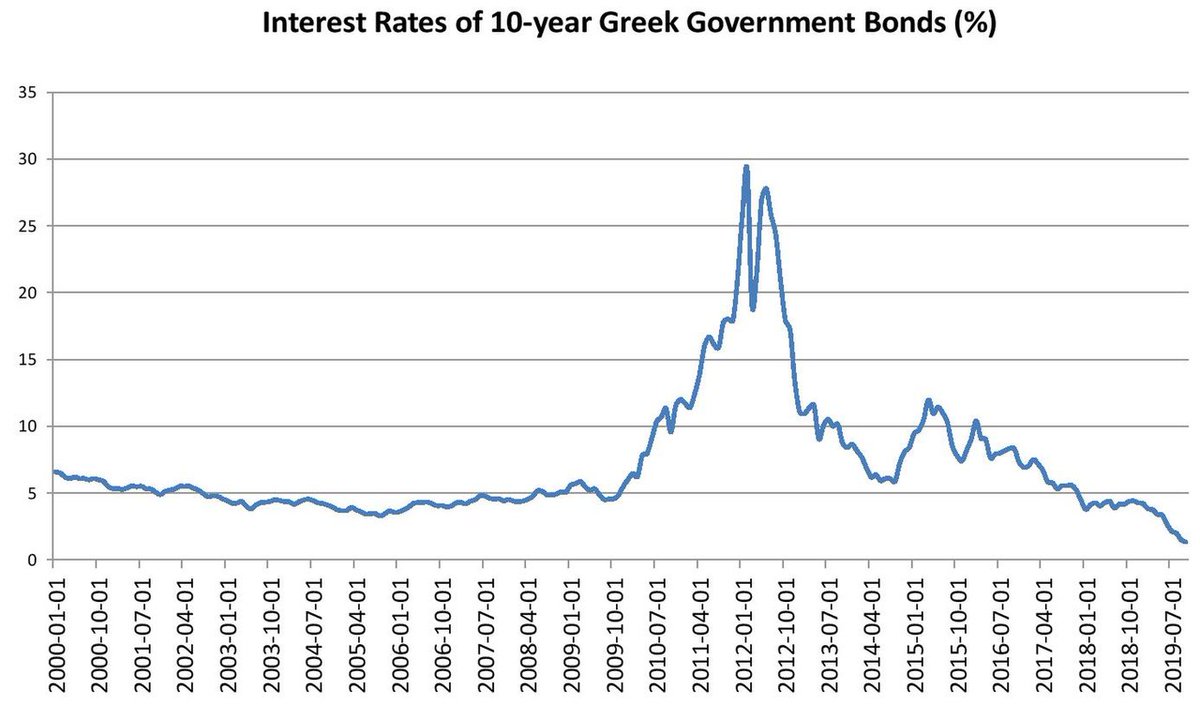
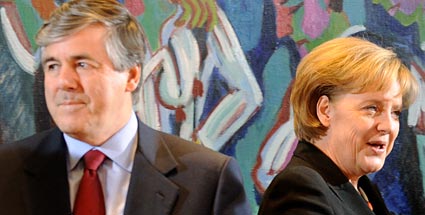
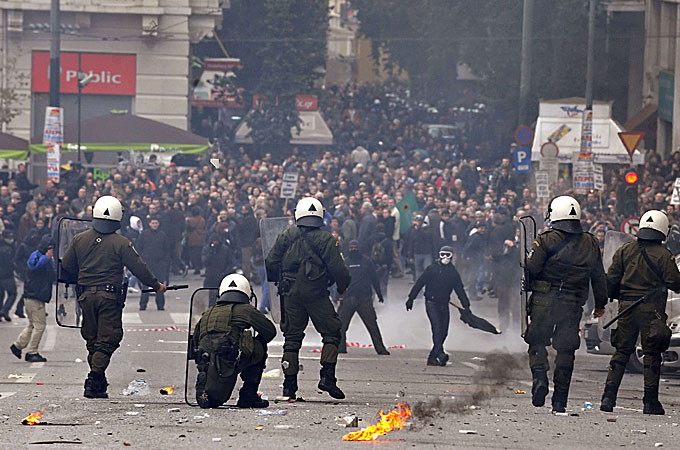
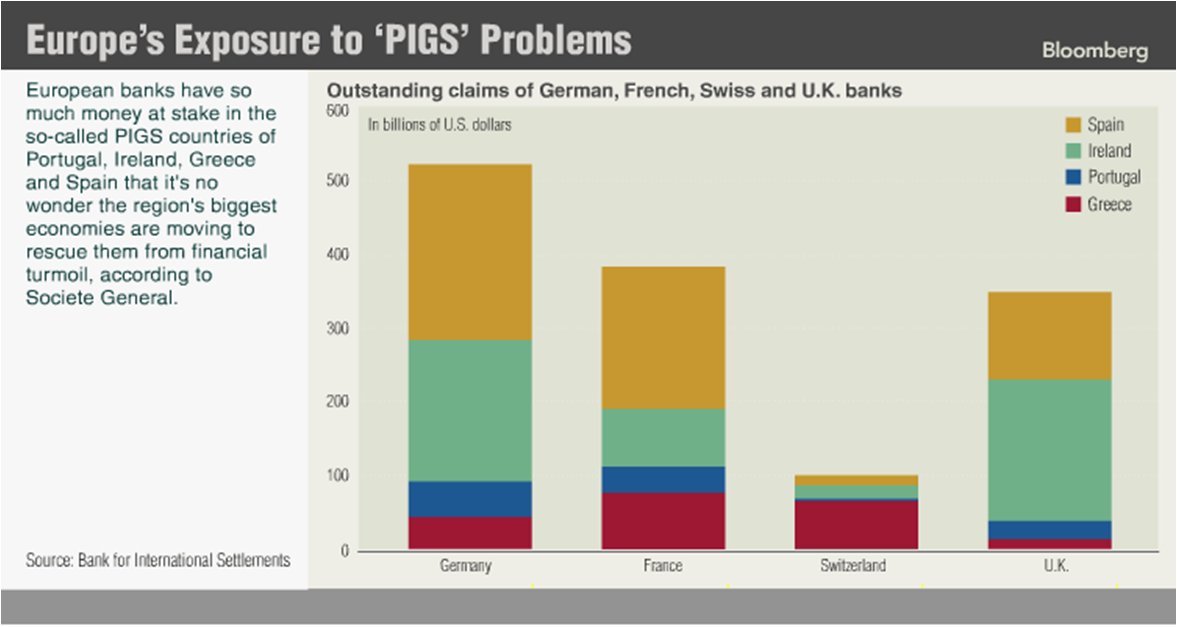
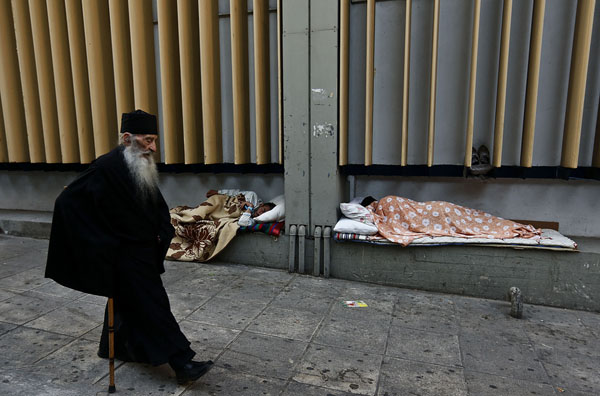
https://t.co/EkUfWTrKoy
In 2014, the ECB started an unprecedented monetary experiments with catastrophic side effects. Time to sum up what happened & the impact on various aspects of the economy, especially in my home country Germany.
— HODLdax (@HODLdax) August 27, 2020
\U0001f447\U0001f447\U0001f447
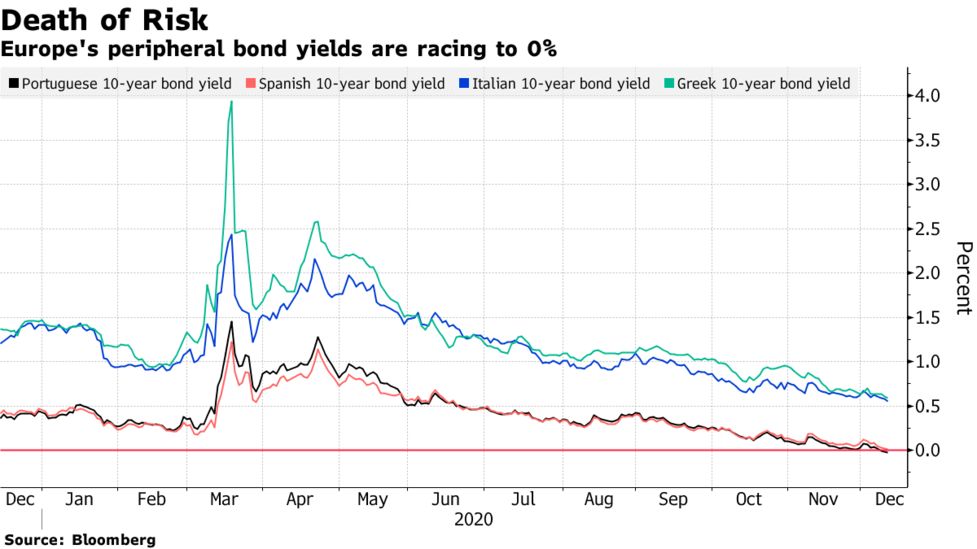
More from Bank
You May Also Like
i wonder if you can make a thread bout witchcraft in malaysia.. or list of our own local gods/deites..
— r a y a \U0001f319 (@lcvelylilith) February 20, 2020
Before I begin, it might be worth explaining the Malay conception of the spirit world. At its deepest level, Malay religious belief is animist. All living beings and even certain objects are said to have a soul. Natural phenomena are either controlled by or personified as spirits
Although these beings had to be respected, not all of them were powerful enough to be considered gods. Offerings would be made to the spirits that had greater influence on human life. Spells and incantations would invoke their
Animist ceremonies of a religious or magical nature were normally held for the purpose of divination or making a request. This would either be done at a keramat or at a shrine similar to the Thai spirit houses or Chinese roadside shrines pic.twitter.com/I1hliyi0x3
— \u2745\u1710\u170b\u1713\u170e (@uglyluhan) June 16, 2019
Two known examples of such elemental spirits that had god-like status are Raja Angin (king of the wind) and Mambang Tali Arus (spirit of river currents). There were undoubtedly many more which have been lost to time
Contact with ancient India brought the influence of Hinduism and Buddhism to SEA. What we now call Hinduism similarly developed in India out of native animism and the more formal Vedic tradition. This can be seen in the multitude of sacred animals and location-specific Hindu gods
The question is:
Is this an official account for Bahcesehir Uni (Bau)?

Bahcesehir Uni, BAU has an official website https://t.co/ztzX6uj34V which links to their social media, leading to their Twitter account @Bahcesehir
BAU’s official Twitter account

BAU has many departments, which all have separate accounts. Nowhere among them did I find @BAUDEGS
@BAUOrganization @ApplyBAU @adayBAU @BAUAlumniCenter @bahcesehirfbe @baufens @CyprusBau @bauiisbf @bauglobal @bahcesehirebe @BAUintBatumi @BAUiletisim @BAUSaglik @bauebf @TIPBAU
Nowhere among them was @BAUDEGS to find
















